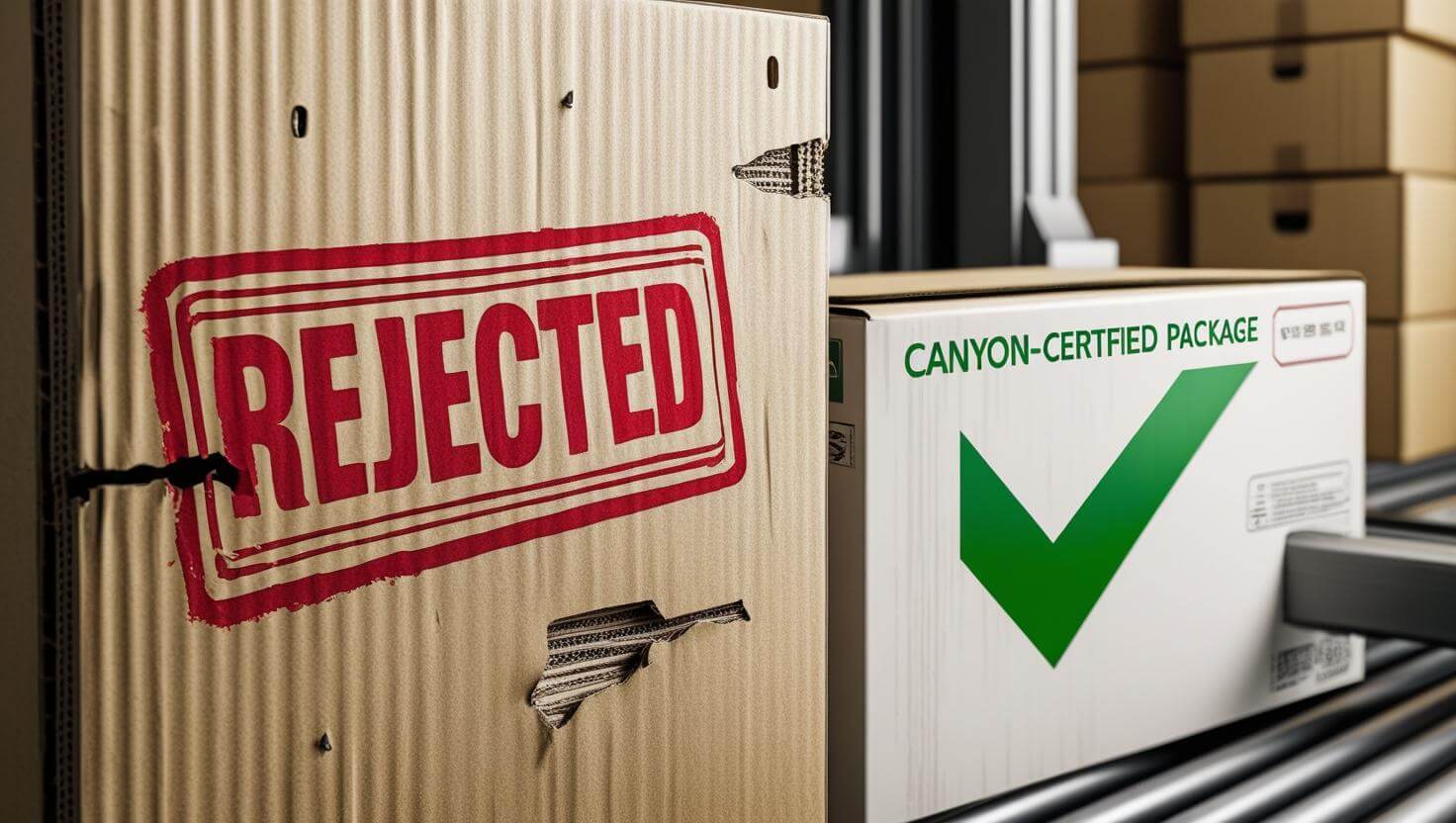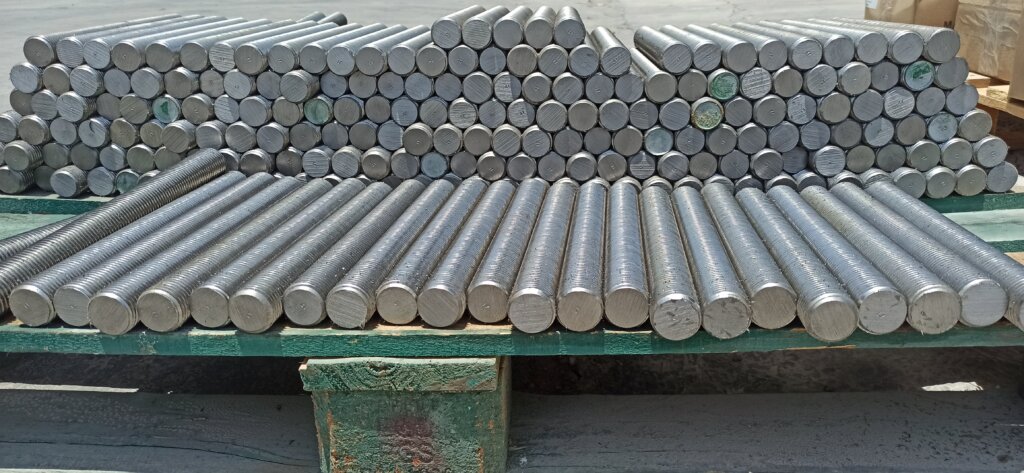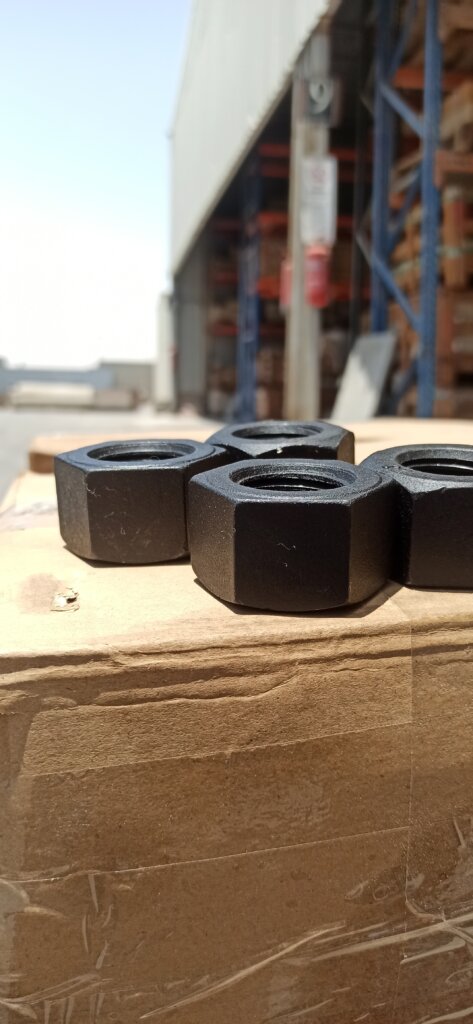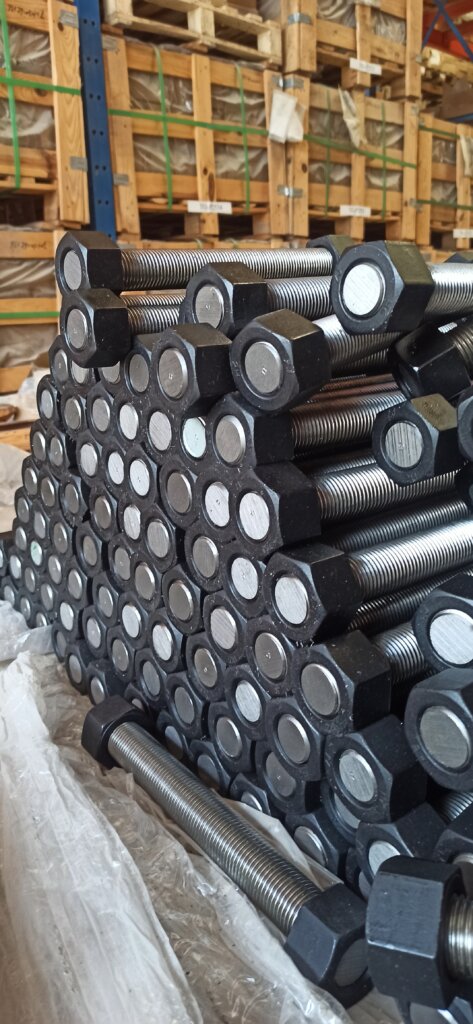Release Date
August 14, 2025
In giga-project environments across Saudi Arabia and the wider GCC, the smallest component can become the biggest risk. A single undocumented bolt can trigger NCRs, delay handover, or fail an audit—jeopardizing liquidated damages and reputational standing. As Vision 2030 reshapes national infrastructure with airports, logistics hubs, ports and energy assets, the bar for material compliance has never been higher.

That is why leading EPCs increasingly insist on certified procurement partners—vendors whose fasteners, documentation and processes meet Aramco, ISO and ASTM requirements end-to-end, and whose systems make audits routine rather than disruptive. Saudi Vision 2030
The compliance climate in 2025: scrutiny, scale, and zero-defect expectations
GCC construction continues to expand, with the regional market projected to rise from USD 147.1B (2024) toward USD 226.2B by 2033 (CAGR ~4.9%). That volume magnifies compliance exposure: more packages, more milestones, more audits.
At the same time, headline giga-programs are under sharper financial discipline and timetable pressure, heightening intolerance for rework or material non-conformance.

Saudi public procurement has also matured. Digital platforms such as Etimad and ministry procurement rules require transparent planning and documentation—expect inspectors to ask for material certificates, test records and supplier approvals at any time.
If your fasteners can’t be tied to standards and batches within seconds, your team will feel it at the next review.
What “certified” really means for fasteners
For EPC contracts in oil & gas, utilities and transport, “certified” extends far beyond a logo on a box. It means:
Aramco manufacturing approval & ERTQA readiness – Facilities and product lines must meet Saudi Aramco’s quality and documentation requirements, including ISO 9001 QMS alignment and product-specific approvals for engineering commodities. Aramco
Standards matched to the application – Fasteners selected and supplied to ISO 898 (mechanical properties of carbon/alloy steel bolts, screws and studs), with grade, diameter and pitch aligned to design loads and environmental conditions. For elevated temperature service, the supplier must flag limits noted by ISO (ambient test basis) and recommend appropriate materials/coatings.
Corrosion-protection to spec – Coatings and materials qualified against ASTM/industry tests (e.g., salt spray per ASTM B117) and integrated with Aramco SAES corrosion-control requirements (e.g., SAES-L-133 references in quality overviews).

Audit-ready documentation – Each batch must ship with Material Test Certificates (MTCs), heat numbers, coating certificates and traceability records consistent with Aramco’s supplier guidance. Aramco
When these four pillars are present, procurement risk drops dramatically—and so do RFIs, NCRs and schedule slips triggered by documentation gaps.
Why EPCs choose certified partners first: risk, speed, accountability
1) Contract risk mitigation
Non-compliant fasteners are a contractual vulnerability. If an auditor cannot verify grade, coating, or origin, entire lots can be quarantined, causing workface stoppages and potential back-charges. Certified partners deliver traceable lots with test data aligned to the ITP and MDR, protecting your position during owner and third-party audits. Aramco
2) Schedule assurance
Even when a non-compliance is solvable, the time lost to re-submittals, re-inspections and re-installation erodes float. Certified vendors standardize submittals to ISO/ASTM/Aramco templates and pre-validate grades and coatings against environmental categories—meaning fewer surprises, fewer site holds, and smoother progress to mechanical completion. ISOAqua Energy Expo
3) Lifecycle performance
In coastal and desert conditions, the wrong coating or grade can accelerate corrosion and creep, driving premature maintenance. Suppliers versed in HDG, PTFE and zinc-nickel systems—and the test methods behind them—help engineering teams balance tensile performance with corrosion life and dissimilar-metal risks.
4) Governance and public-sector alignment
Where projects touch public entities, Saudi procurement law and agency purchasing plans demand transparent, auditable sourcing. Certified partners map cleanly to these frameworks, reducing procurement friction and bolstering compliance narratives in board and lender reviews.
The documentation that keeps audits uneventful
Best-in-class fastener packages arrive with a digital trail that lets QA/QC close loops quickly:
MTCs & Heat Numbers – Linking every bolt, nut and washer to the melt, chemistry, and mechanical tests required by ISO/ASTM. Aramco
Coating Certificates & Test Reports – Demonstrating process control and performance against specified corrosion cycles (e.g., B117 exposure). content.ampp.org
QMS Credentials – ISO 9001 evidence and, for Aramco scope, ERTQA/supplier-approval status. Aramco
Traceability & Packing Lists – Batch IDs, QR codes, and BOM alignment that tie straight into EPC document control and handover systems. (Integrating with Etimad and agency portals further streamlines public-facing documentation.) Ministry of FinanceMyGov
Canyon Engineering: a certified, audit-ready approach
As an Aramco-aligned, ISO-literate supplier of industrial fasteners in Saudi Arabia, Canyon Engineering structures its offering around the audit realities of 2025:
Specification-first selection: ISO 898 grade matching, diameter/pitch compliance, and environmental pairing (desert heat, coastal salt, refinery atmospheres). ISO
Coating intelligence: HDG, PTFE and zinc-nickel options guided by corrosion modeling and test data familiarity (ASTM B117, cyclic protocols), helping owners reduce total cost of ownership. content.ampp.org
Documentation by default: Complete MTC packs, coating certs and batch traceability shipped with QR-coded labels that plug into EPC MDRs and turnover dossiers. Aramco
Process alignment with Aramco frameworks: Supplier guidance and ERTQA awareness reduce approval friction and change-order risk when scopes intersect with Aramco-governed assets. Aramco
Bottom line for EPC leaders
The GCC build-out is vast, and oversight is intensifying. Airports slated to handle 100 million passengers annually by 2030, logistics corridors, ports and energy assets are compressing schedules while expanding compliance checkpoints.

In this climate, uncertified, undocumented fasteners are not a cost saving; they are a liability. Certified procurement partners—Aramco-compliant, ISO-grounded, audit-ready—are the difference between predictable delivery and expensive delay.
For EPCs targeting flawless audits and on-time handover, the mandate is clear: go beyond the bolt—and choose partners whose certification, documentation and systems are as engineered as the fasteners they supply.



